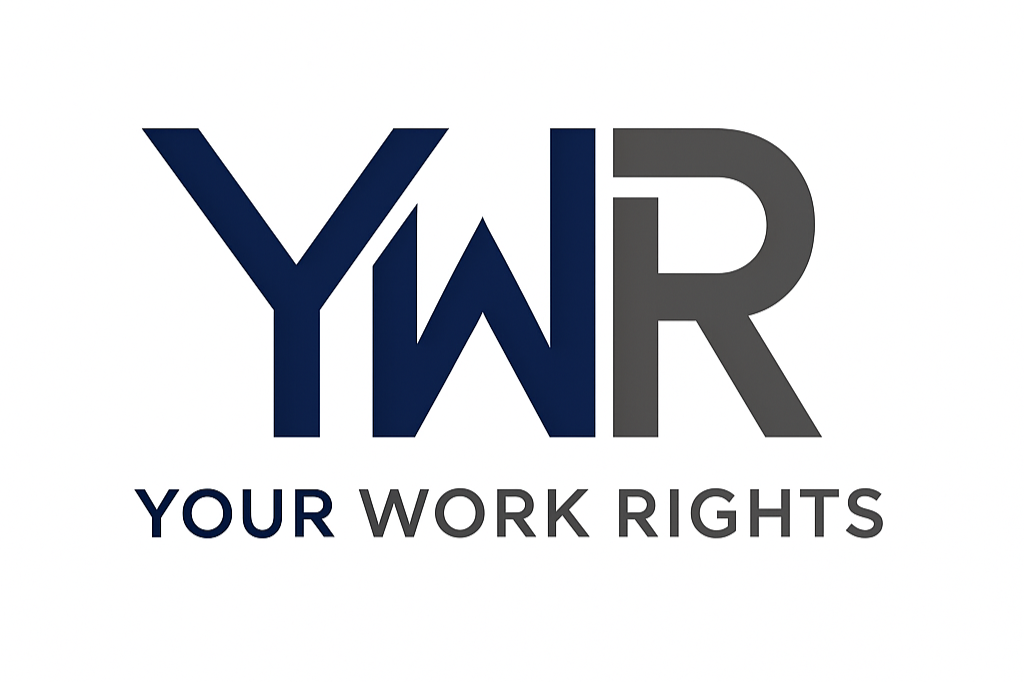Negotiating Exit & Settlement Agreements: A Strategic Guide
1. What is a Settlement Agreement?
A Settlement Agreement is a legally binding contract that creates a clean break between you and your employer. In return for the terms offered, you agree to waive your right to bring specific legal claims against them.
Under UK law, for an agreement to be valid:
You must receive independent legal advice from a qualified adviser (usually a solicitor).
Your employer must pay a contribution towards your legal fees for this advice (typically £350-£500 + VAT).
Once validly signed, you are permanently barred from bringing the claims it covers, even if new evidence later emerges.
Strategic Tip: Think of it as a final deal. The terms must compensate you not just for leaving, but for giving up your right to legal action.
2. Why Negotiation is Non-Negotiable
The first draft of a settlement agreement will almost always be written to favour your employer. It's a starting offer, not a final one. You can, and should, negotiate every aspect.
Financial Terms:
Exit Payment (Compensation): The tax-free portion (up to £30,000). Is it a fair reflection of the strength of your potential legal claims?
Notice Pay: Are they paying your full notice period? This is taxable.
Untaken Holiday Pay: Ensure all accrued holiday is calculated and paid.
Outstanding Bonuses/Commissions: Are contractual bonuses included?
Non-Financial Terms (Equally Important):
References: Never accept a "verbal reference" promise. The exact wording of the reference should be agreed upon and attached as an appendix to the agreement.
Confidentiality Clauses: These are standard, but ensure they are mutual. This is often called a "non-disparagement clause." It should prevent the employer from speaking ill of you, just as it prevents you from speaking ill of them.
Announcement Wording: You can negotiate the "agreed leaving statement" that is communicated to colleagues to protect your reputation.
Waiving Restrictive Covenants: If your contract prevents you from working for a competitor, you can negotiate for these to be waived.
3. "Without Prejudice" vs. "Protected Conversations"
These are two types of "off-the-record" discussions, but they have different rules and protections.
"Without Prejudice" (WP) Conversations:
What it is: A legal shield that prevents settlement discussions from being used as evidence in most legal proceedings.
When it applies: It can only be used where there is a pre-existing dispute. Both sides must be genuinely trying to settle it.
The Trap: An employer might try to label a meeting "Without Prejudice" to prevent you from using what was said as evidence later. If there is no genuine dispute yet, or if the conversation involves threats or discrimination, the WP protection may not apply. Simply saying the words does not guarantee legal protection.
"Protected Conversations" (s.111A of the Employment Rights Act 1996):
What it is: A specific legal tool that allows employers to initiate discussions about ending employment on agreed terms, even without a pre-existing dispute.
The Limitation: This protection is narrow. It only applies to ordinary unfair dismissal claims. It does not apply if your claim involves discrimination, harassment, victimisation, or whistleblowing. Anything said in a "protected conversation" can be referred to as evidence if you later bring a discrimination claim.
4. A Practical Checklist: Key Clauses to Scrutinise
When you receive a draft agreement, review it carefully with your adviser against this checklist:
The List of Claims: Check exactly which legal claims you are agreeing to waive. Does it try to waive future or unknown claims? This is often unreasonable.
Confidentiality: Does the clause allow you to speak to your immediate family, medical advisers, or counsellors? It should.
The Reference: Is the final, agreed-upon wording attached as a schedule to the agreement?
Tax Indemnity: The agreement will likely include a "tax indemnity" clause, meaning you are responsible for any extra tax due. This is standard, but be aware of it.
Return of Property: Are the arrangements for returning company property (laptop, phone) clear and reasonable?
Non-Disparagement: Is the clause mutual? Does it prevent the company and its employees from bad-mouthing you?
5. Negotiation Strategies
Don't Rush: An employer might put a tight deadline on an offer to pressure you. You are legally entitled to a reasonable amount of time to consider the terms and seek advice.
Create Leverage: The employer is paying you to avoid the risk and cost of a tribunal claim. Gently remind them of this risk. Your negotiating position is strongest when you can link your settlement demands to potential legal claims (e.g., evidence of discrimination, procedural failures in a grievance, etc.).
Get Specialist Advice: An employment lawyer or a good union representative will know what a "good" deal looks like in your situation. Their involvement signals to the employer that you are serious.
Think Beyond the Money: A positive reference and the freedom to work elsewhere can be more valuable in the long run than a slightly higher payment. Prioritise terms that protect your future career and reputation.
6. If Negotiations Stall
If discussions break down, the "Without Prejudice" protection falls away, and you return to the formal process.
Continue Internal Processes: You can and should continue with any ongoing grievance or appeal process in parallel with negotiations.
Prepare for Tribunal: Starting the ACAS Early Conciliation process is often the step that brings a reluctant employer back to the negotiating table.
Stay Professional: Never resort to threats or emotional language in your communications. A calm, factual, and determined approach is always more effective.
